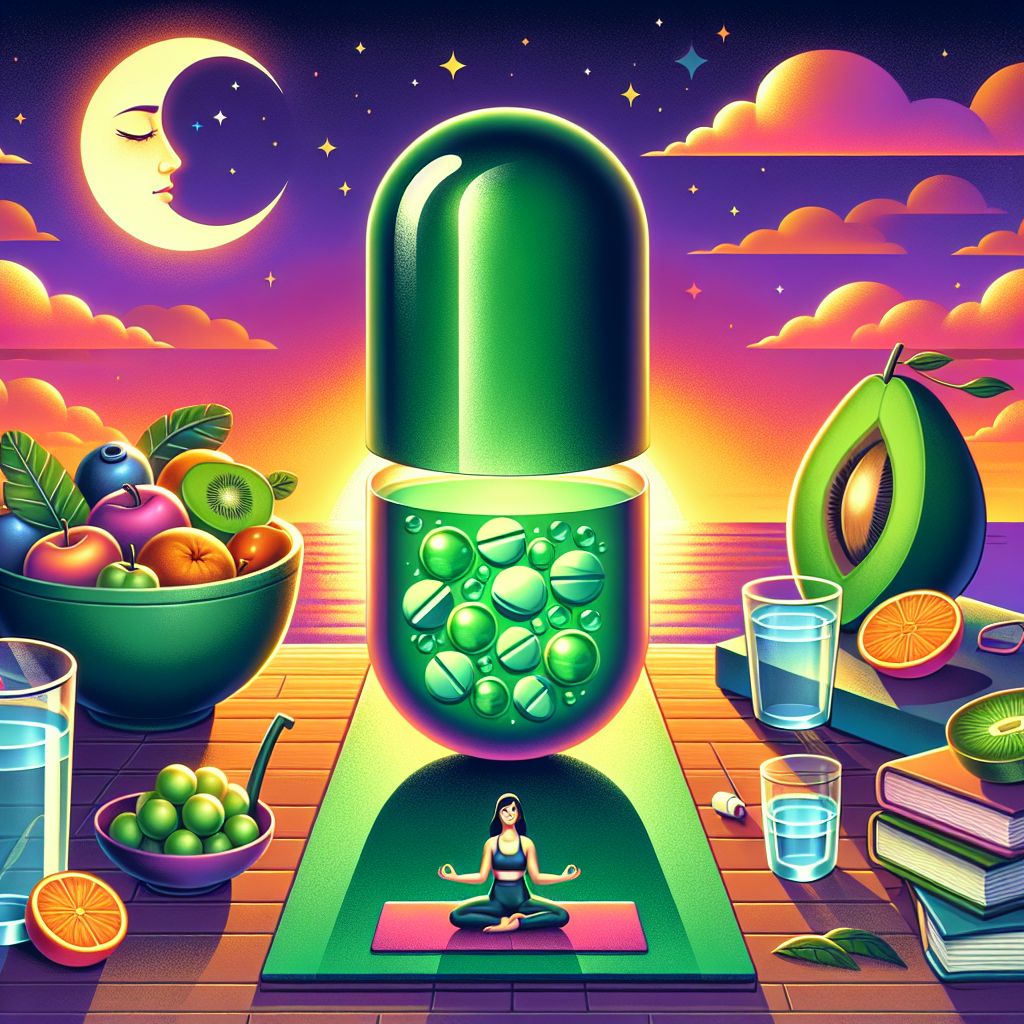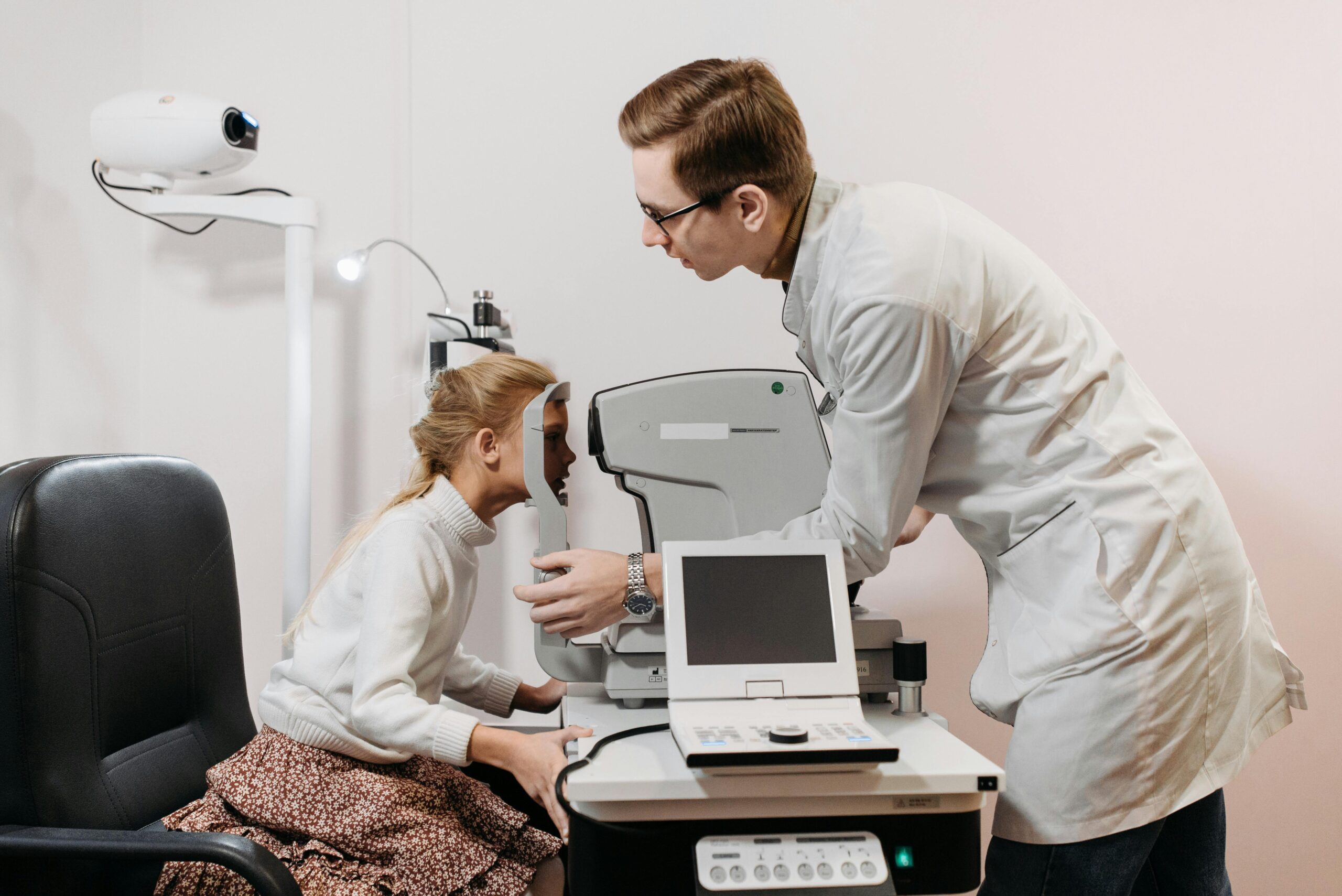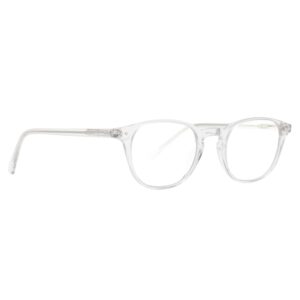
Key Takeaways
- Blue light from screens can disrupt sleep and may contribute to digital eyestrain.
- Supplements like lutein and zeaxanthin are marketed to protect eyes from blue light, but research is ongoing.
- The FDA does not regulate supplements for efficacy before they hit the market.
- Combining supplements with healthy eye habits can optimize vision health.
- Consulting with an eye care professional is crucial before starting any new supplement regimen.
Shedding Light on Blue Light: What It Is and Why It Matters
Let’s talk about blue light. It’s everywhere. Not just from the sun, but beaming at us from our screens – phones, tablets, and computers. While it helps keep us awake during the day, too much exposure, especially at night, can throw off our sleep and leave our eyes feeling strained. So, what’s the deal with blue light, and should we be worried about it?
The Basics of Blue Light Exposure
First things first, blue light isn’t all bad. It’s a part of the visible light spectrum that we’re exposed to every single day. The problem starts when we overdo it, staring at screens late into the night. This exposure can mess with our body’s natural rhythm, making it harder to wind down and get a good night’s sleep. And it’s not just about feeling tired. Over time, this disruption can lead to more serious health issues.
How Blue Light Affects Your Eyes
Our eyes aren’t great at blocking blue light. So, when we spend hours scrolling through social media or binge-watching our favorite shows, we’re not giving them a break. This can lead to digital eyestrain, with symptoms like dry eyes, headaches, and blurred vision. But here’s the kicker: some companies say they’ve got a pill that can protect our eyes from all this blue light. The question is, do these supplements really work?
Protection in a Pill: Do Blue Light Supplements Work?
These supplements, often packed with carotenoids like lutein and zeaxanthin, claim to shield our peepers from the harsh effects of blue light. But here’s the thing: the science is still out on whether they’re the hero our eyes need. Some studies suggest these nutrients might help, but we’re still waiting on solid evidence to prove that popping a pill can offer real protection.
“While there’s potential for blue light blocking supplements to aid in eye health, comprehensive research is still needed to confirm their effectiveness.” – American Academy of Ophthalmology
So, what should we do in the meantime? It’s all about balance. Sure, consider supplements, but don’t forget to practice good screen habits too. And remember, the FDA doesn’t review these products like they do medications, so it’s buyer beware when it comes to picking the right one.
Stay tuned, because we’re going to dive deep into what makes these supplements tick, which ones are worth your attention, and how to use them alongside other healthy habits to keep your vision sharp.
Ingredient-Focused Analysis
When you’re looking for blue light blocking supplements, two key ingredients often take the spotlight: lutein and zeaxanthin. These are antioxidants found in your eyes that are believed to absorb excess blue light and combat oxidative stress. They’re like sunglasses for your retina, but it’s important to get the dosage right. Too little, and you won’t see any benefits; too much, and you’re wasting your money.
Consumer Favorites and Why They Stand Out
There are a few blue light blocking supplements that have become consumer favorites. They stand out because they often contain a blend of lutein and zeaxanthin, sometimes with added zinc or vitamins C and E for an extra antioxidant punch. These combinations not only target blue light but also support overall eye health. But remember, the best supplement for you is one that fits your specific health profile and lifestyle, so it’s worth doing your homework before making a choice.
For example, one popular product contains 20 mg of lutein and 4 mg of zeaxanthin. Users rave about the improvement in their visual clarity and reduced eyestrain, especially after long hours in front of a computer. These stories can be compelling, but always look for products backed by clinical research to ensure you’re getting a quality supplement.
Integrating Supplements into Your Daily Routine

So you’ve decided to give blue light blocking supplements a try. The next step is to make them a part of your daily routine. Consistency is key when it comes to supplements. Taking them at the same time every day helps your body get the maximum benefit and also makes it easier to remember to take them.
Best Times to Take Supplements for Optimal Effectiveness
Most supplements are best taken with meals. This not only helps with absorption but also minimizes any stomach discomfort that can sometimes occur with supplements. If you’re taking a supplement aimed at reducing eyestrain, consider timing it with your heaviest screen use. For example, if you work on a computer all day, take your supplement with breakfast to help protect your eyes right from the start.
Complementing Supplements with Other Vision Health Habits
While supplements can be a great addition to your eye health arsenal, they work best when paired with other good habits. Remember to take breaks from screens every 20 minutes, practice the 20-20-20 rule (every 20 minutes, look at something 20 feet away for 20 seconds), and ensure you have proper lighting to reduce glare. Also, don’t forget to blink! It sounds simple, but blinking helps to keep your eyes moist and reduces the risk of dry eyes.
Besides that, eating a diet rich in omega-3 fatty acids, vitamin C, vitamin E, and zinc can support your eyes from the inside out. Foods like fish, nuts, seeds, citrus fruits, and leafy green vegetables are not only delicious but also full of eye-friendly nutrients.

“Assortment of colorful fresh fruits …” from www.flickr.com and used with no modifications.
Making Informed Choices: Supplements and Eye Health
Choosing the right supplement can feel overwhelming with so many options on the market. It’s essential to understand what’s in them and how they can impact your health. That’s where reading labels and understanding dosage comes into play. The label should clearly list all active ingredients and their amounts, plus any additional ingredients like fillers or binders.
Understanding Labels and Dosage Recommendations
When you’re looking at a supplement label, here’s what to keep an eye out for:
- The amount of lutein and zeaxanthin per serving
- Other active ingredients that support eye health
- The recommended daily dosage
- Any allergen information or warnings
And remember, just because a supplement has a long list of ingredients doesn’t mean it’s better. Sometimes, simpler is best, especially if you’re only looking to address blue light exposure.
As for dosage, it can vary depending on the product. The AREDS2 study, a major clinical trial focusing on eye health, suggests a daily dose of 10 mg of lutein and 2 mg of zeaxanthin. However, some products may offer higher amounts. It’s always a good idea to start with the recommended dosage and adjust as needed, in consultation with your healthcare provider.
When to Consult a Professional About Supplement Use

“A Medical Professional Conducting …” from www.pexels.com and used with no modifications.
Before you start any new supplement, it’s a smart move to talk to an eye care professional. They can help you understand your specific needs and recommend a product that’s right for you. This is especially important if you’re already taking medication or have existing health concerns.
An eye doctor can also provide guidance on how to monitor your eye health and recognize if the supplements are making a difference. After all, supplements are just one piece of the puzzle when it comes to maintaining good vision and eye health.
Frequently Asked Questions (FAQ)
Let’s address some common questions about blue light blocking supplements to help clear up any confusion.
Can Blue Light Blocking Supplements Improve My Nighttime Reading?

Absolutely, they might help. If you find that reading on a screen at night leaves your eyes feeling tired or strained, a blue light blocking supplement could potentially reduce this discomfort. The idea is that by filtering out blue light, you might experience less eyestrain and improve your sleep quality, making nighttime reading more enjoyable. Just remember, a pair of blue light blocking glasses could also be a practical solution alongside or instead of supplements.
Are There Any Side Effects to Blue Light Blocking Supplements?
Most people tolerate these supplements well, but as with any supplement, there can be side effects. These might include stomach upset or a headache if you’re not used to the ingredients. It’s also worth noting that taking too much of certain nutrients, like zinc, can have adverse effects. That’s why it’s so important to follow dosage instructions and talk to a healthcare professional before starting.
How Long Do I Need to Take Supplements Before Noticing Benefits?
It’s not an overnight fix. Generally, you might start to notice a difference after a few weeks of consistent use. However, the timeline can vary from person to person. If you’re using these supplements to help with digital eyestrain, you might also consider other factors like adjusting your screen time or improving your screen setup to see faster results.
Can Children Use Blue Light Blocking Supplements Safely?
It’s best to be cautious with supplements and children. Their bodies are still developing, and they may not need the same dosages as adults. If you’re considering a blue light blocking supplement for a child, it’s critical to consult with a pediatrician or an eye care professional who can provide personalized advice based on the child’s health and nutritional needs.
Is It Possible to Overdose on Blue Light Blocking Supplements?
While it’s rare, it is possible to overdose on certain vitamins and minerals if you take too much. That’s why sticking to the recommended dosage is so important. Overdosing on certain ingredients in these supplements could lead to issues like blurred vision, nausea, or dizziness. Always use supplements as directed and keep them out of reach of children to prevent accidental ingestion.


